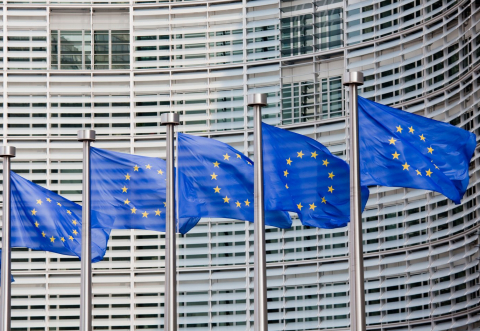EFAMA welcomes the opportunity to respond to the European Commission’s consultation envisaging the review of the EU macro-prudential policy framework. The consultation paper emphasises the review of the existing prudential framework built around the systemic nature of credit institutions and at the cornerstone of which lies the CRD/CRR, accompanied by the ESRB Regulation and the foundation of a Single Supervisory Mechanism (SSM) for a Banking Union, in turn revolving around the ECB.
Capital Markets Union
Building a Capital Markets Union (CMU) serving the needs of European citizens and businesses is as ambitious as it is essential: the effort will enable pensioners and savers to share in the upside of Europe’s economic recovery. In the process, European capital markets also become more efficient and better integrated. This long-term vision is key to financing European innovation and to supporting the transition towards a more sustainable economy.
Increasing retail investors’ participation in capital markets is an essential component for building an effective CMU. Improving access to financial and non-financial information and addressing the high data costs our industry is encountering, are also important steps towards a functioning CMU. All this, while maintaining and improving the attractiveness of the European investment management sector in today's global environment.
EFAMA prepared a list of key actions that are required to reach the CMU objectives from an investor perspective. We have also developed a specific Key Performance Indicator to measure year-on-year progress towards increasing retail participation in capital markets in each member state.
Review of EU Macro-Prudential Policy Framework - EFAMA response to EC Consultation
EFAMA Position Paper on Prospectus Regulation
EFAMA welcomes the decision of the Commission to review the prospectus regime with the objective to make it easier and simpler for companies generally and in particular SMEs in Europe to access capital markets, to provide all types of issuers with further simplification and flexibity and to ensure adequate information for investors.
EFAMA Vice-president Peter Branner to speak at POLITICO Live event
Tune in on 12 October at 9.00 am CEST to POLITICO Live’s event “Raising the green game in finance: how can Europe deliver?” with the participation of EFAMA's Vice-president Peter Branner from APG Asset Management. He will be joined by
Market Insights | Issue #5 | Perspective on the net performance of UCITS
Equity UCITS delivered a total net return of 108% in real terms in 2010-2019, whereas bank deposits lost 10% in net value
Towards a deepening of the single market for asset management in the context of an ambitious Capital Markets Union
By Vincent Ingham
Director of Regulatory Policy, EFAMA.
Ownership of Investment Funds in Europe
The report provides a wealth of facts and figures on the evolution of holdings of financial assets and investment funds among European investors in recent years. It aims to answer three main questions:
































